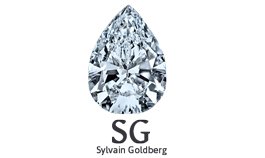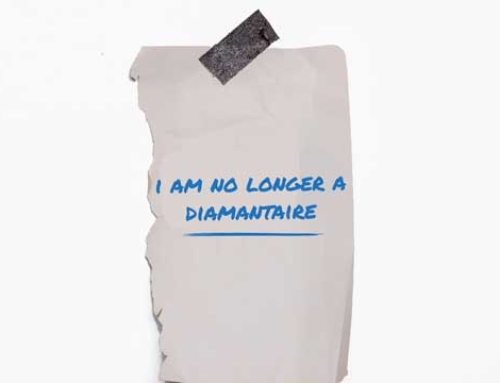In announcing the deal for Blue Nile, Signet noted the latter’s “attractive customer demographic that is younger, more affluent, and ethnically diverse which will broaden our customer acquisition funnel.”
Signet Jewelers is the world’s largest retailer of diamond jewelry, with brands in the US, UK and Canada.
Blue Nile is the world’s leading online diamond jeweler for engagement and wedding rings.
Signet CEO Virginia Drosos praised Blue Nile’s online experience and said the acquisition would help Signet expand customer choice, build new capabilities and reap unspecified “meaningful operating synergies.”
Asked about the rationale behind this acquisition, the Signet CEO says: “Almost a year and a half ago, we had an inventor day that announced phase two of our transformation, the ‘Inspiring Brilliance’ strategy. We had four ‘where to plays’ that, we thought, if we invested disproportionate effort, we could deliver great value to our shareholders and great value to our customers.
Those were: winning in big businesses, especially bridal; leading digital commerce; accelerating our growth in services (i.e., ear piercing, jewelry repair); and expanding the mid-market in which we play.
Blue Nile really checks three of those boxes, and we think the fourth one (services) is one we can bring to Blue Nile. We have done extensive research. They are very strong in the bridal business. They have the number one awareness (among online jewelry retailers). They have very strong brand equity. They are considered by customers to offer good value. They are an authority in bridal jewelry. So they are great fit from that standpoint.”
Did Signet acquire Blue Nile at a discount?
Some analysts say that perhaps it’s fitting that Blue Nile, the site that popularized discount diamonds, was sold at a discount.
In 2017, Bain Capital, along with Bow Street and Adama Partners, took the then-public e-tailer private for $500 million. In June, Blue Nile filed for an IPO, with a valuation of $873 million.
But this week, Signet snatched it up for $360 million in cash—slightly more than it paid for James Allen/R2Net ($328 million), and less than it paid for 21-store chain Diamonds Direct ($490 million).
Why so cheap? First, Bain was “eager to cash out,” according to CNBC. Most private equity firms hold companies for about five years; Blue Nile was purchased in 2017, so this sale was more or less on schedule.
Blue Nile contemplated an IPO in 2018, but decided against it. Its June IPO involved a merger with a SPAC (special purpose acquisition company). As the market for SPACs has cooled considerably, it’s perhaps not surprising that Blue Nile opted for the safer route of selling to Signet.
Having identified online as a focus area, Signet is following its traditional playbook: growth through acquisition. A former exec once told me it’s looked at buying almost every jeweler out there, even Tiffany.
According to CNBC, Signet “approached Blue Nile last year about an acquisition.” A deal may not have worked out then. Here, one came together rather quickly: Signet first applied for regulatory approval in early July, three weeks after Blue Nile filed for its IPO.
If this deal goes through, Signet will have eight U.S. banners: Kay, Jared, Zales, Piercing Pagoda, James Allen, Rocksbox, Diamonds Direct, and Blue Nile. That’s quite a change for a company that, just a decade ago, had two.
James Allen, Blue Nile, and Diamonds Direct, and Jared are very different businesses with similar models: They target men, sell “accessible luxury,” and have built their business on engagement rings (though Jared’s positioning has fluctuated). They have traditionally seen one another as rivals, particularly James Allen and Blue Nile, and Jared and Diamonds Direct.
Signet CEO Gina Drosos notes that Blue Nile’s customers are younger and more affluent than standard Signet shoppers. The e-tailer regularly sells diamonds for $100,000 or more.
In recent years, Blue Nile’s main engine of growth has been its 21 showrooms, clustered in the usual dot-com hot spots: coastal cities and large metros like Chicago and Detroit. Diamonds Direct, which Signet purchased last year, also has 21 stores, but they have large footprints and are mostly located in midsize Midwestern and Southern cities, like New Orleans and Cleveland. They overlap in four cities: Tysons, Va.; Charlotte, N.C.; and Houston and Austin, Texas.
One could see how Blue Nile and Diamonds Direct—the two highest-end businesses—might complement each other, but where do Jared and James Allen, which have done mash-ups, fit?
Down the line, we may see these names consolidate. Signet has a long history of buying established businesses, like Marks & Morgan, retaining those names for a while, then transitioning them to its core banners. There are a lot of puzzle pieces here, and it’s not clear how – and if -t hey’ll fit together.







